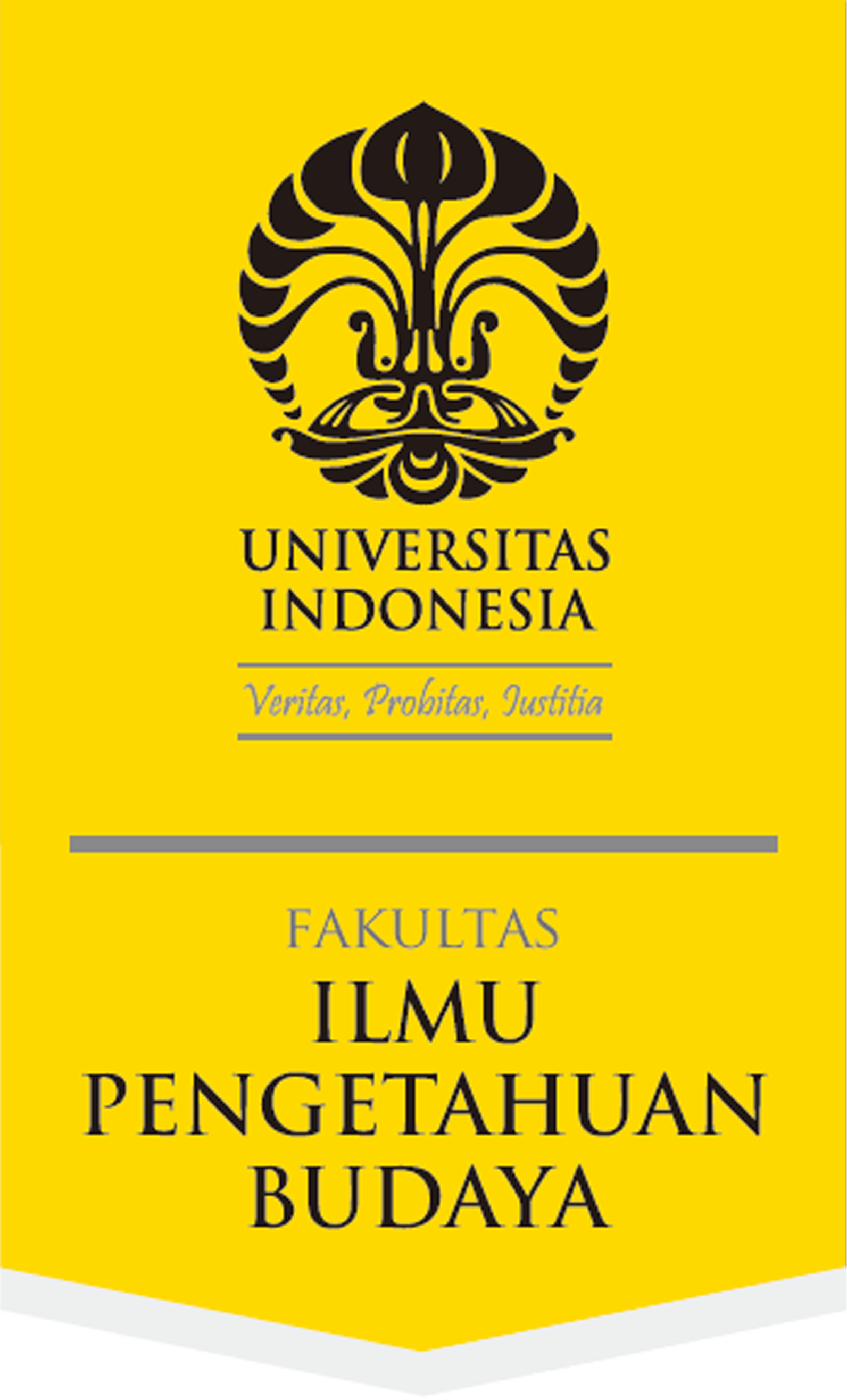Abstract
Contemporary art practices have developed expansively over the global stage with the development of big international exhibitions, including those held in museums or biennales and festivals. In the last decade, the global art world has witnessed the contestation of powers among institutions and art practitioners generated by massive movements such as Occupy Movements, Arab Springs, Black Lives Matter, which has shifted the positionalities of artists and arts in the Global South. This shift also encourages discussions on decoloniality in the art system and art history, including how to centralize the issue of gender equality. Southeast Asian women artists have expanded their practices to show their individual world views, and touch upon political and ideological contexts revealing common urgencies on such issues as ecology, history, spirituality, and humility. This essay discusses art works created by women artists in Southeast Asia presented as part of the Biennale Jogja Equator (BJE) series in the period 2011 to 2021. This has provided artists with possibilities to engage in critical conversations and experiences, usually the preserve of the male-dominated sphere. By looking into these projects, the wide range of the shared trauma of violence, war, and colonialism, ecological damage, and lost livelihoods, to the pilgrimage towards the inner-self, have been juxtaposed and interwoven to create an imagination of collective futurism.
References
Akiq, Wahid, Arham Rahman, and Sita Magfira. 2019. Biennale Jogja XV Equator #5: Indonesia with Southeast Asia catalogue. Yogyakarta: Biennale Jogja Foundation. [Curatorial essay.]
Arya, Rina. 2011. “Contemplating the spiritual in the visual arts”, Journal for the Study of Spirituality 1(1): 76-93.
Bong, Sharon A. 2016. “Women’s and feminist activism in Southeast Asia”, in: Nancy A. Naples (ed.), The Wiley Blackwell encyclopedia of gender and sexuality studies, pp. 1-5. Hoboken, NJ: Wiley Blackwell.
Dewi, Saras. 2022. Sembahyang Bhuvana; Renungan filosofis tentang tubuh, seni, dan lingkungan. Yogyakarta: Tanda Baca.
Ha Thuc, Caroline. 2020. “Nguyen Trinh Thi, ‘Letters from Panduranga’”, Arts of Southeast Asia.
Hooks, Bell. 2000. Feminism for everybody: passionate politics. Cambridge, MA: South End Press.
Legaspi-Ramirez, Eileen. 2019. “Art on the Back Burner; Gender as the elephant in the room of Southeast Asian art histories”, Southeast of Now: Directions in Contemporary and Modern Art in Asia 3(1): 25-48.
Manont, Penwadee Nophaket. 2019. “Muslimah collective profile and work”, Biennale Jogja XV Equator #5: Indonesia with Southeast Asia catalogue. Yogyakarta: Biennale Jogja Foundation.
Mohanty, Chandra Talpade. 2022. Feminisme tanpa batas; Dekolonisasi teori dan praktik solidaritas. Translated byAstrid Reza, Eliza Vitri Handayani, and Terenia Puspita. Tangerang: Marjin Kiri.
Nurvista, Elia. 2021. “Profile Salima Hakim and conception”, Biennale Jogja XVI: Equator #6 Indonesia with Oceania catalogue. Yogyakarta: Biennale Jogja Foundation.
Paramaditha, Intan. 2018. “Bongkar; Siasat feminis dalam seni dan budaya di Indonesia”. [Retireved from: https://old.magdalene.co/story/bongkar-siasat-feminis-dalam-seni-dan-budaya-di-indonesia; accessed on 27-2-2019.]
Rahadiningtyas, Anissa. 2021. “Arahmaiani: nomadic reparation projects, environmentalism, and global Islam”. [Retrieved from: https://post.moma.org/arahmaiani-nomadic-reparation-projects-environmentalism-and-global-islam/; accessed on 20-12-2022.]
Shiva, Vandana. 1997. Bebas dari pembangunan; Perempuan, ekologi, dan perjuangan hidup di India. Jakarta: Yayasan Obor Indonesia.
UN Women. 2020. “Intersectional feminism; What it means and why it matters right now”. [Retrieved from: https://www.unwomen.org/en/news/stories/2020/6/explainer-intersectional-feminism-what-it-means-and-why-it-matters; accessed on 10-7-2022.]
Vergés, Françoise. 2021. A decolonial feminism. Translated by Ashley J. Bohrer with the author. London: Pluto Press.
Wattana, Sugunnasil. 2006. “Islam, radicalism, and violence in Southern Thailand; Berjihad di Patani and the 28 April 2004 attacks”, Critical Asian Studies 38(1): 119-144.
Recommended Citation
Swastika, Alia
(2023)
"Reclaiming domestic space; Decolonial feminism and women’s sovereignty in Southeast Asia and beyond within the context of artistic practice,"
Wacana, Journal of the Humanities of Indonesia: Vol. 24:
No.
1, Article 8.
DOI: 10.17510/wacana.v24i1.1172
Available at:
https://scholarhub.ui.ac.id/wacana/vol24/iss1/8










